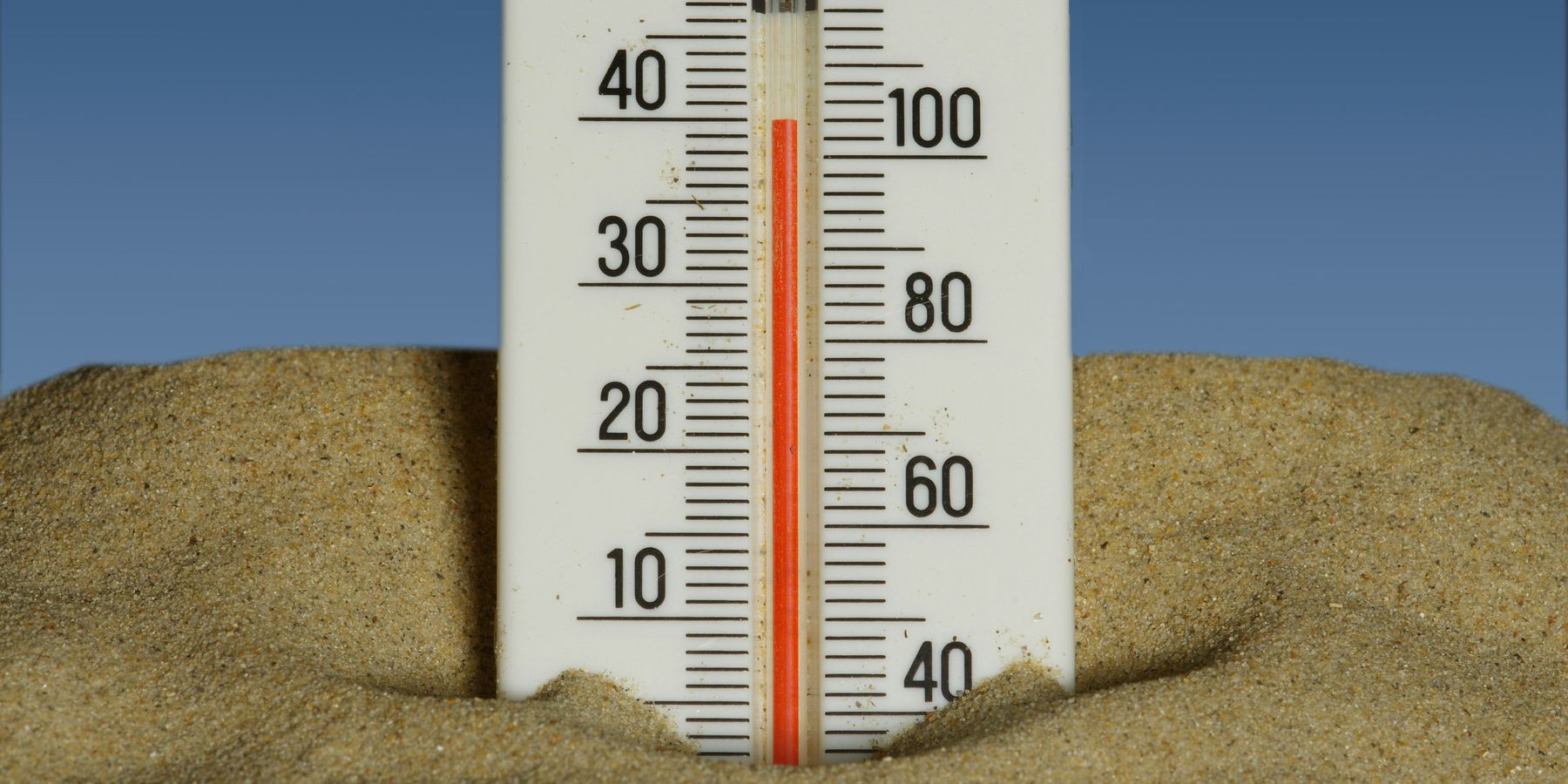
Record-shattering heat grips Norway, Sweden and Finland as Arctic temperatures top 30C
Northern Europe logged its longest stretch of 30C days on record this July, showing how quickly high-latitude regions are heating up.
Ajit Niranjan reports for The Guardian.
In short:
- A Norwegian Arctic Circle station hit 30C on 13 July days, while parts of Finland endured three weeks of 30C heat, eclipsing records that date to 1961.
- Meteorologists blame a stubborn high-pressure system and unusually warm coastal waters; hospitals opened ice rinks for relief, and reindeer herders warned of animals dying from heat stress.
- Researchers say nations adapted for cold — such as Norway, Sweden and the UK — face the steepest rise in dangerously hot days because buildings, transit, and health services were designed for cooler climates.
Key quote:
“To find a longer period at these stations, you have to go back more than a century.”
— Sverker Hellström, a scientist at the Swedish Meteorological and Hydrological Institute
Why this matters:
Extreme heat at the top of the world is a flashing red light for both climate stability and public health. The Arctic is warming about four times faster than the global average, melting sea ice that helps regulate weather patterns far beyond the pole. When 30C days linger above the treeline, northern peatlands dry out, releasing stored carbon, and amplifying warming. Heat also strains bodies unaccustomed to it: Nordic homes lack air-conditioning, hospitals see spikes in dehydration and heart stress, and outdoor workers — from forestry crews to Sami herders — face greater risk of injury. Accelerating temperature swings test power grids built for heating, not cooling, and threaten ecosystems already squeezed by shifting seasons. Hotter poles can end up affecting into food prices, migration, and weather extremes worldwide.
Learn more: Svalbard permafrost thaw unleashes methane and speeds Arctic warming













